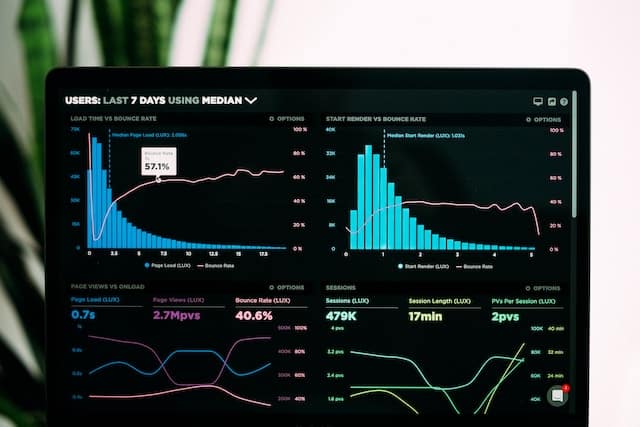
Big Data
Data Analytics

Scottie Todd
June 22, 2024
Share



Does your business need a data warehouse? On one hand, they accommodate complex modeling, improve workflows, and ultimately increase profits. On the other hand, data warehouses can be resource-intensive and expensive, rendering them impractical in certain situations. 1. How Long Have You Been Collecting Data?Are you sitting on a pile of customer data? If not, you might not be ready for a warehouse just yet. Startups may find that capital is better spent securing personnel, building infrastructure, branding, and marketing. However, if you’re sitting on mounds of information ripe for analyzing, investing in data warehousing could be the game-changer to your bottom line.
2. Do You Have a Lot of Reporting Systems?
Is your current reporting environment a patchwork of different systems held together by a fraying thread? If so, why not streamline and house everything under a single data warehousing umbrella. Not only will it improve workflow, but you’ll be better able to investigate historical data and compare it to recent trends.
3. Do You Have Custom Reporting Systems?
Custom reporting is the backbone of many businesses. If your company relies on specialized reports created in the corporate dark ages, it’s probably time to update, and moving to a data warehousing model may be ideal. Querying becomes infinitely easier with a centralized system as opposed to a siloed setup.
4. In What Formats Is Your Data Stored?
Data comes in a variety of forms. If over the years, you’ve switched management systems, legacy data may be in formats that no longer work with your current setup. By investing in a data warehousing system, you’ll be able to create a digital ecosystem that accommodates multiple formats, which are normalized at the extract, transform, and load — aka ETL — stage.
5. Are Your Modeling Efforts Complex?
The more complex data and reporting needs are, the more helpful a data warehouse can be. Plus, having a streamlined system may illuminate new metrics that can be studied and leveraged.
6. Are You Frustrated by Reporting Performance Issues?
When reporting against operational systems, data can become volatile. Information sets can morph into forms, like a substance changing from ice to gas. When it happens, your reporting can become filled with errors. However, data warehousing mechanisms, which are typically optimized for read-access only, often eliminate the querying and processing kinks, resulting in fewer output headaches.
7. Do You Need to Perform Multi-Year Data Transformations?
Businesses with multi-generational data frequently benefit from a data warehouse. Insightful and profitable realizations can be mined with a powerful querying system.
8. What Resources Are at Your Disposal?
Though often worth it in the long run, developing a data warehousing system can be a costly and extensive process, especially if you attempt to build one without the help of advanced tools. The return on investment isn’t always immediately evident. So if the money isn’t readily available, it may not be time. After all, a poorly executed data warehouse can waste time and productivity. Wait till you have the resources to get it done correctly or enlist the help of AI-powered tools.
Written by
Scottie Todd
June 22, 2024
Share


